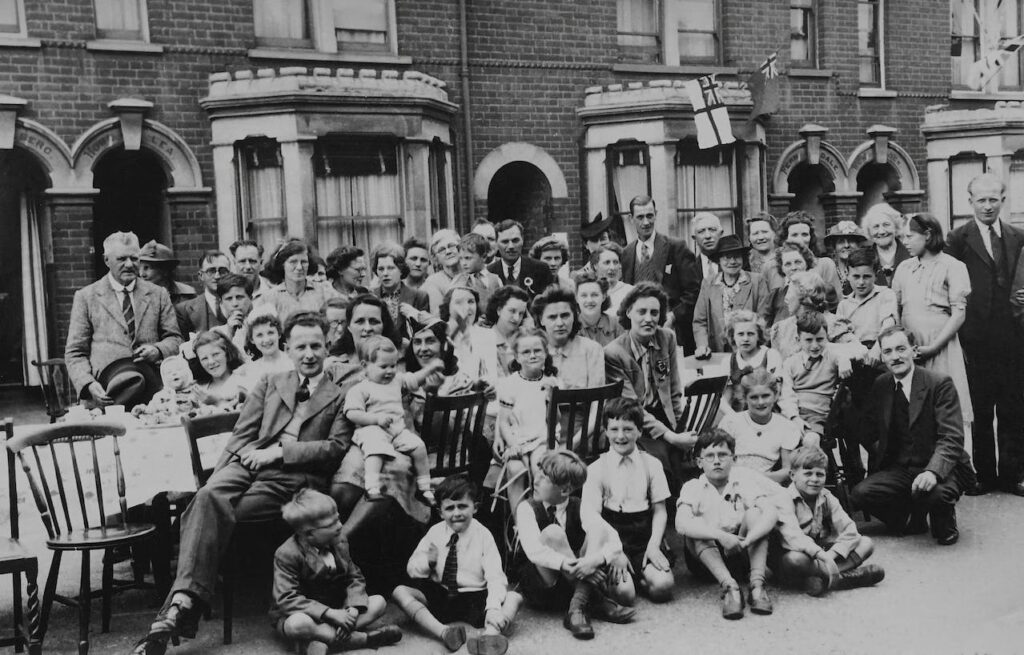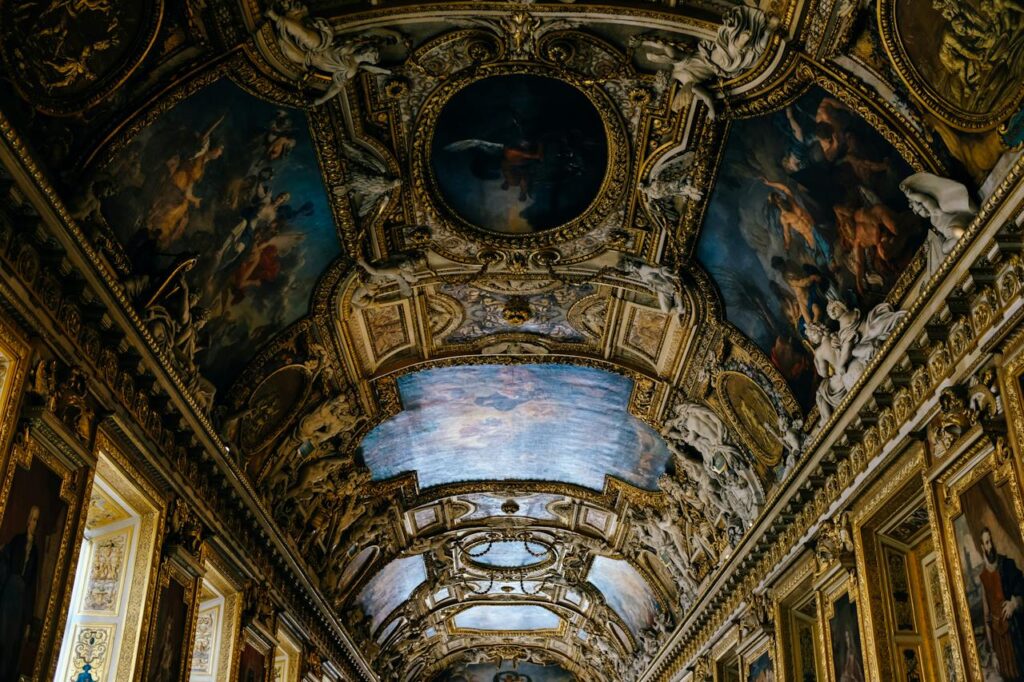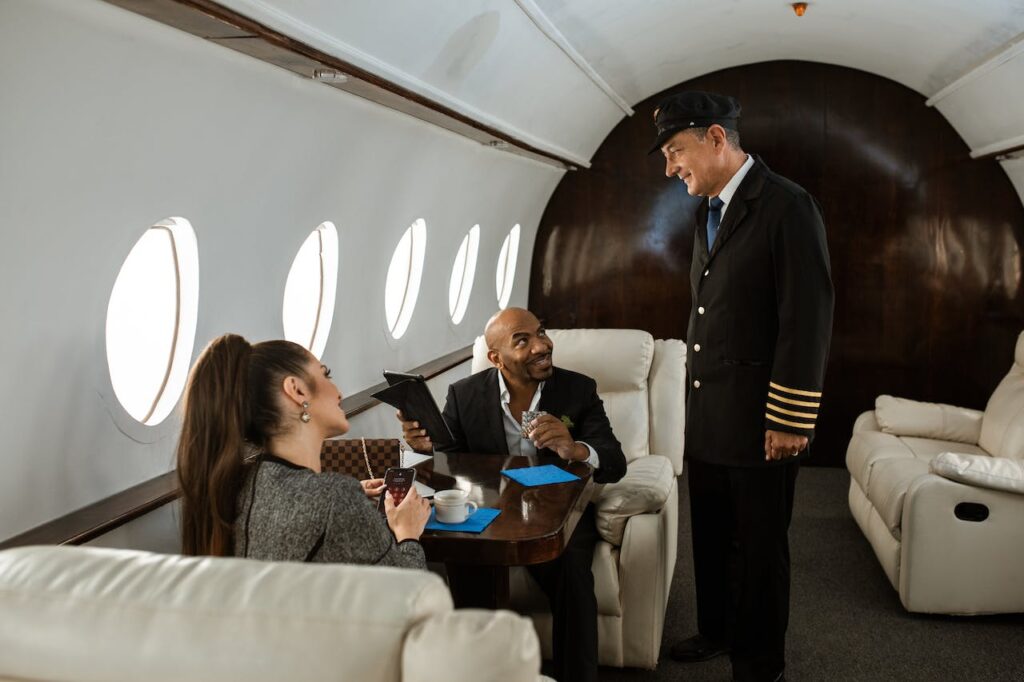In a world of sophistication, opulence, and societal distinction, where the benchmarks of success and prosperity are measured by very different standards, understanding what is considered upper class becomes an intriguing exploration across continents and cultures.
To decode the global language of luxury, where wealth, lifestyle, and influence intertwine to create a portrait of prestige, we’ll unravel the tapestry of the upper class, transcending borders to explore the nuanced standards that define the elite.
Crossing geographical boundaries, we’ll provide a panoramic view of what it truly means to be considered upper class in our diverse and ever-evolving world.
I. Defining the Upper Class
1. Understanding Global Wealth Dynamics:
To grasp the concept of the upper class, we must first navigate the global landscape of wealth distribution. According to the Credit Suisse Global Wealth Report, the upper class is often associated with the top echelon of wealth holders.
However, it’s crucial to note that being considered upper class isn’t solely about vast wealth; it also encompasses an income that allows for a comfortable and high standard of living.
In the United States, for instance, reports indicate that an annual income ranging from $75,000 to $100,000 can afford a good life in many parts of the country, showcasing that upper class isn’t synonymous with extreme wealth.
2. National Disparities in Wealth Thresholds:
What defines the upper class varies significantly from one country to another. In the U.S., researches suggest that an income that is at least %50 higher than the median is considered upper class. However, this threshold dramatically contrasts with countries like India or China, where economic structures and living costs set different standards for affluence.
3. Beyond Income: Upper class Lifestyle and Influence:
The upper class extends beyond mere financial figures. Lifestyle and influence play pivotal roles in defining this stratum of society.
Across the world, the upper class is characterized by access to exclusive amenities, educational opportunities, and cultural experiences that elevate them above conventional norms.
The upper class is also marked by lavish properties, memberships to elite clubs, and a lifestyle that mirrors sophistication.
4. Shifting Paradigms: Cultural and Historical Influences:
As we traverse through cultures and histories, it becomes evident that the definition of the upper class is not static.
Cultural nuances, historical legacies, and societal structures mold these definitions.
In monarchies, the upper class might include nobility, while in modern democracies, entrepreneurs and innovators often ascend to these elite ranks.

5. The Benchmark of Influence:
In essence, the upper class is not solely about financial prowess; it is about the power to influence, set trends, and impact the course of society. Whether in the boardrooms of Wall Street or the cultural salons of Paris, influence is a key currency, supplementing financial standing to define the upper class on a global scale.
II. Origins of the “Upper Class” Term and Social Classing
1. The Lexical Genesis of the Term “Upper Class”:
The term “upper class” finds its lexical roots in the intricate tapestry of social classing, a concept deeply embedded in the historical fabric of societies. Coined during periods of class stratification, the term gained prominence as a descriptor for the societal elite—those at the pinnacle of wealth, influence, and privilege.
2. The History of Class Divisions and Social Classing: Feudalism to Industrial Revolution
The origins of class distinctions trace back to feudal societies, where a rigid hierarchy determined one’s status and privileges.
With the advent of the Industrial Revolution, economic shifts catalyzed the emergence of distinct social classes, further solidifying the terminology associated with each stratum.
The discourse on social classes was significantly shaped by influential societal theorists. Thinkers like Karl Marx, Max Weber, and Emile Durkheim delved into the complexities of class structures, providing frameworks for understanding societal hierarchies.
Their contributions influenced not only academic discussions but also the vernacular used to categorize social groups.

As societies evolved, so did the language used to articulate social structures. The term “upper class” underwent semantic shifts, accommodating changing norms and expectations.
While it initially connoted aristocracy and hereditary privilege, contemporary usage encompasses a broader spectrum, considering factors beyond lineage, such as achievement and influence.
Also Read: How To Network And Build Relationships With Rich People
III. The Upper Class in the United States:
What is considered upper class in the us:
Understanding the upper class in the U.S. necessitates acknowledging the geographical disparities in the cost of living. What might be considered upper class income in one state may fall short in another due to varying living expenses.
For instance, the cost of living in Manhattan, New York, significantly differs from that in a rural area, influencing the income needed to maintain an upper-class standard of living.
However, according to the Pew Research Center, households with an income that is three times the national median are classified as upper class.
Also, according to some reports and research, the threshold in the range of $75,000 to $100,000 annually can afford a comfortable life in many parts of the country, allowing someone to step into the upper class.
IV. What is Considered Upper Class Worldwide
1.North America: Affluence and Distinctive Lifestyles
What is considered upper class in North America?
In North America, the concept of upper class is characterized by affluence, often measured by significant income levels and access to exclusive opportunities. The region is known for its diverse economic landscapes, with the United States setting benchmarks for prosperity and luxury living. Canada, while sharing similarities, also incorporates considerations of social welfare and inclusivity.
2. Europe: Heritage, Aristocracy, and Modern Affluence
What is considered upper class in Europe?
Europe’s understanding of the upper class is deeply rooted in heritage and aristocracy, particularly in countries with longstanding monarchies. However, modern Europe sees a dynamic interplay of income, education, and societal standing. The continent’s cultural diversity contributes to nuanced definitions of affluence, with countries like Germany and Sweden emphasizing egalitarian values.

3. Asia: Economic Powerhouses and Cultural Nuances
What is considered upper class in Asia?
Asia, home to economic powerhouses like China and Japan, exhibits diverse perspectives on the upper class. Economic success, educational achievements, and societal contributions are paramount. Countries like India and Singapore showcase unique socio-economic dynamics, with considerations of caste, educational prestige, and business acumen influencing perceptions of affluence.
4. Middle East: Oil Wealth, Opulence, and Global Influence
What is considered upper class in the Middle East?
The Middle East, characterized by oil wealth and opulent lifestyles, defines upper class through a combination of financial success, property ownership, and international influence. The United Arab Emirates, in particular, stands out for its rapid economic growth and global significance, shaping an upper class synonymous with luxury, entrepreneurship, and global connections.
5. Africa: Entrepreneurial Success and Social Standing
What is considered upper class in Africa?
Africa’s upper class is marked by a combination of inherited wealth and entrepreneurial success. While income plays a role, factors such as political connections, property ownership, and international business ventures contribute to one’s standing. The continent’s socio-economic diversity is reflected in countries like Nigeria, where affluence coexists with challenges of economic inequality.
6. South America: Elites, Entrepreneurs, and Socioeconomic Disparities
What is considered upper class in South America?
South America’s upper class encompasses traditional elites and emerging entrepreneurs. In countries like Brazil, where socioeconomic disparities are pronounced, factors like educational background, social connections, and lifestyle choices contribute to one’s classification. The region’s economic heterogeneity contributes to varied perceptions of upper-class status.
7. Oceania: Corporate Success and Urban Influence
What is considered upper class in Oceania?
Oceania, led by Australia, defines the upper class through corporate success, property ownership, and societal influence. While income is a factor, lifestyle considerations and geographic nuances, especially in cities like Sydney and Melbourne, influence the thresholds for affluence. New Zealand, with its emphasis on quality of life, contributes to a nuanced understanding of the upper class.
Also Read: Understand What is Unearned Income – Examples and Tax Tips
V. The Modern Landscape of Upper Class and Affluence
As technology evolves, it plays a pivotal role in redefining connectivity, wealth creation, and lifestyle.
The digital age has given rise to new industries, entrepreneurial opportunities, and global connectivity. Individuals in the upper class often leverage technology not only for business ventures but also to curate a sophisticated online presence, showcasing their lifestyle and accomplishments.

1. The changing dynamics of the upper class work: Entrepreneurship and Remote Opportunities
The rise of entrepreneurship and the flexibility of remote work have altered the traditional landscape of the upper class. Successful entrepreneurs, often at the forefront of technological innovation, can achieve significant affluence.
Additionally, the ability to work remotely has allowed individuals to curate their lifestyles, choosing locations that align with their preferences, contributing to a more decentralized upper-class presence.
2. How social media shapes perceptions of the upper class:
The ubiquity of social media has transformed how the upper class presents and perceives lifestyle. Platforms like Instagram and LinkedIn are powerful tools for showcasing success, experiences, and connections.
The carefully curated online presence of affluent individuals not only influences public perceptions but also serves as a platform for networking, personal branding, and the promotion of philanthropic endeavors.
3. How education is key to being an upper class:
Educational attainment continues to be a key marker of success within the contemporary upper class.
While entrepreneurship and unconventional paths gain prominence, a strong emphasis on education persists.
Many affluent individuals invest in advanced degrees, executive education, and continuous learning to stay abreast of industry trends and maintain a competitive edge in their respective fields.
VI. 7 Strategic Tips for Aspiring to the Upper Class:
How to be an upper class person?
Aspiring to the upper class requires a combination of financial acumen, personal development, and strategic decision-making. Here are seven strategic tips to guide individuals on the path to the upper echelons of society:
1. Educational Excellence: Invest in Knowledge
- Pursue advanced degrees, certifications, and continuous learning to enhance expertise.
- Choose fields with high earning potential or that align with emerging trends in the job market.

2. Entrepreneurial Ventures: Build Wealth Beyond Employment
- Explore entrepreneurial opportunities to create multiple streams of income.
- Identify niche markets, disruptive ideas, or innovative solutions for business ventures.
3. Strategic Investments: Grow Wealth Wisely
- Develop a diversified investment portfolio, including stocks, real estate, and other assets.
- Stay informed about market trends and seek professional advice for informed investment decisions.
4. Network Effectively: Leverage Relationships
- Build a robust professional network through industry events, online platforms, and social gatherings.
- Cultivate relationships with mentors, influencers, and individuals in positions of authority.
5. Global Outlook: Embrace Opportunities Beyond Borders
- Explore international business ventures and investment opportunities.
- Stay informed about global economic trends and geopolitical developments that may impact wealth.
6. Personal Branding: Cultivate a Distinctive Image
- Develop a strong personal brand that reflects expertise, integrity, and a commitment to excellence.
- Utilize social media strategically to showcase achievements and engage with a broader audience.
7. Philanthropy and Social Responsibility: Give Back to Society
- Engage in philanthropic activities to contribute positively to society.
- Support causes aligned with personal values and make a meaningful impact on communities.
Remember, achieving upper-class status is not solely about financial success; it encompasses a holistic approach to personal and professional development, ethical conduct, and a commitment to making a positive impact on the world.
Conclusion: Ascending to the Upper Class
As we conclude, it’s essential to recognize that the upper class is not solely defined by monetary success but by a holistic approach to life.
Education becomes a cornerstone, empowering individuals to navigate dynamic landscapes and position themselves as leaders in their fields.
Entrepreneurial ventures open doors to financial independence, providing opportunities to create wealth beyond traditional employment.

In essence, the journey to the upper class is a multifaceted endeavor, requiring a commitment to continuous learning, innovation, and ethical conduct.
The upper class is not an exclusive club but a realm open to those who approach it with a strategic mindset, a thirst for knowledge, and a genuine desire to make a meaningful impact on the world.



